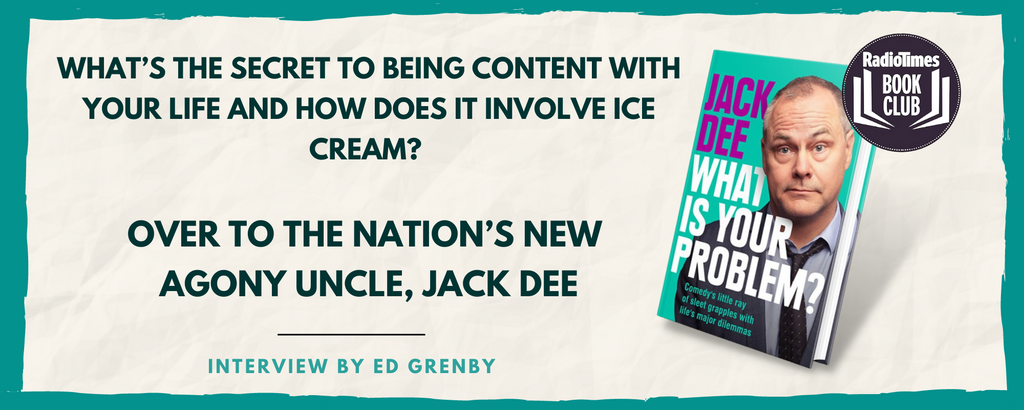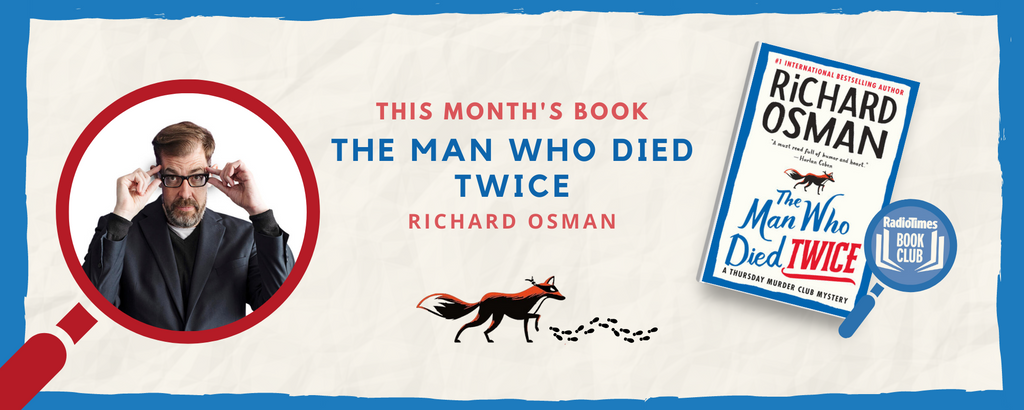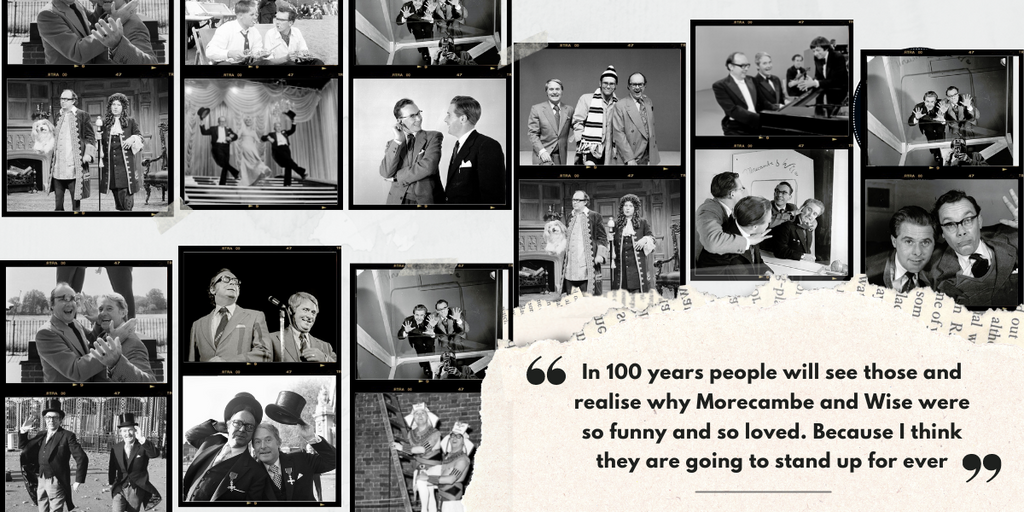
This tale about predicting the future sounds like sci-fi, but it’s a true story, and surprisingly common, says author Sam Knight
Book of the Month: The Premonitions Bureau
Listening back to my recording of this interview is a distinctly spooky experience. We are speaking two days before the Queen’s death, and Sam Knight – who has written a book about people who can see the future – asks me: “What if I had a vivid, specific premonition that something dreadful was about to happen at Balmoral?”
Normally, I’d wave this off as mere coincidence (it’s the day of Liz Truss’s audience with Her Majesty, so that’s probably why it’s in his mind), but Knight’s book poses enough troubling questions to give me pause. To be clear, The Premonitions Bureau is not some schlocky pseudo-scientific manifesto for mysterious powers, and not a word of it is fictionalised. Knight is a highly respected journalist – a staff writer for the globally esteemed New Yorker magazine, in fact – and his book is about a very specific, very curious, very British moment in the history of the study of precognition. “When people ask me what the book’s about,” explains Knight, “I say it’s the story of a psychiatrist in the 1960s who came to believe that some people could see the future. And he designed an experiment to try to capture that. And then it all went terribly wrong.”
The psychiatrist was John Barker, the experiment was the establishment of a quasi-official British Premonitions Bureau, and the result was a mass recording of the public’s (mostly meaningless) premonitions – but also the discovery of two “percipients” whose predictions of calamities were uncannily accurate. “I wanted to write a story that touched on the paranormal and occult, but without an agenda to make you draw any particular conclusion,” insists Knight.
“I’m really not writing about whether premonitions are real or not. I’m writing about the human experience of believing that they’re real, and how that changes your life. And, in Barker’s case, whether it can influence your death.”
Because the “went terribly wrong” bit of Barker’s experiment concerns the moment when those two percipients both, separately, foresaw Barker’s imminent death. (Knight was in the dusty silence of Cambridge University Library, he says, when he came across “a brown envelope marked ‘Miscellaneous Files of the Society for Psychical Research’, and there was a copy of this memo from Barker saying he’d just been told he was going to die. Finding that felt like seeing the winning goal in the Cup final.”)
A spoiler alert seems a little redundant in a book about premonitions, so suffice it to say that Barker did indeed die very soon after. In another arresting irony, he had long believed – and published a book to the effect – that one could be literally scared to death, and it’s hard to think of a more alarming occurrence than being told by two people you believe to be prescient that your time has come. Knight is just as interested, though, in the percipients themselves, in “what it feels like to think that you might be sensing the future. If you can see signs everywhere pointing to what’s going to happen next, and no one else can, you’re considered mad. And in many cases, you probably are. So you don’t say anything. And then if something does happen, you feel this great guilt.” (The Bureau was set up, in the aftermath of Aberfan, with the idea that it might be able to provide early warnings of future disasters.) If that all sounds a bit remote, reckons Knight, it’s not. “It’s actually quite a common occurrence.
There’s a huge number of us who carry something inexplicable in our lives or our family’s lives: the coincidence that led you to meet your partner, or that time [your grandfather] knew something bad was going to happen that day so he didn’t get on that train. Most of us inhabit both a logical, rational world and at the same time one where we think maybe things are connected. The book engages with those questions, and with the neuroscience and psychoanalysis behind them, as well as the history and philosophy there.”
If you think this could only have happened in the 60s, Knight has news for you on that front, too: “These things move in waves. The great flowering of psychical thinking and spiritualism was from 1900 to 1930, the first shattering 25 years of the century, with World War One and that dramatic social and technological change. Then it’s no coincidence that the 60s, when the events of this book take place, were a time of similarly dramatic social and technological change, and the threat of being wiped out by nuclear war.
“I think there’s a reason why this kind of magi- cal thinking or yearning for explanations comes to the surface and gets into the heads of scien- tists and otherwise eminently rational people at these times. It’s too early to say whether we’re living through another of those moments now, but you could certainly make a plausible argument for it. We are due another one – and the conditions seem right.”
ED GRENBY
To receive this month’s choice,The Premonitions Bureau by Sam Knight, for £14.99 (incl p&p), sign up to the RT Book Club now on a monthly or quarterly subscription to suit your reading speed — and enjoy free delivery with your book sent giftwrapped to your door.
Terms and conditions: Join by 17 October 2022 to receive your copy of The Premonitions Bureau by Sam Knight. If you join after this date, your first book will be delivered in early November. Subscriptions are on a rolling contract; you’ll be billed on a monthly or quarterly basis until cancellation. Three-month and six-month subscriptions are a one-off payment.




